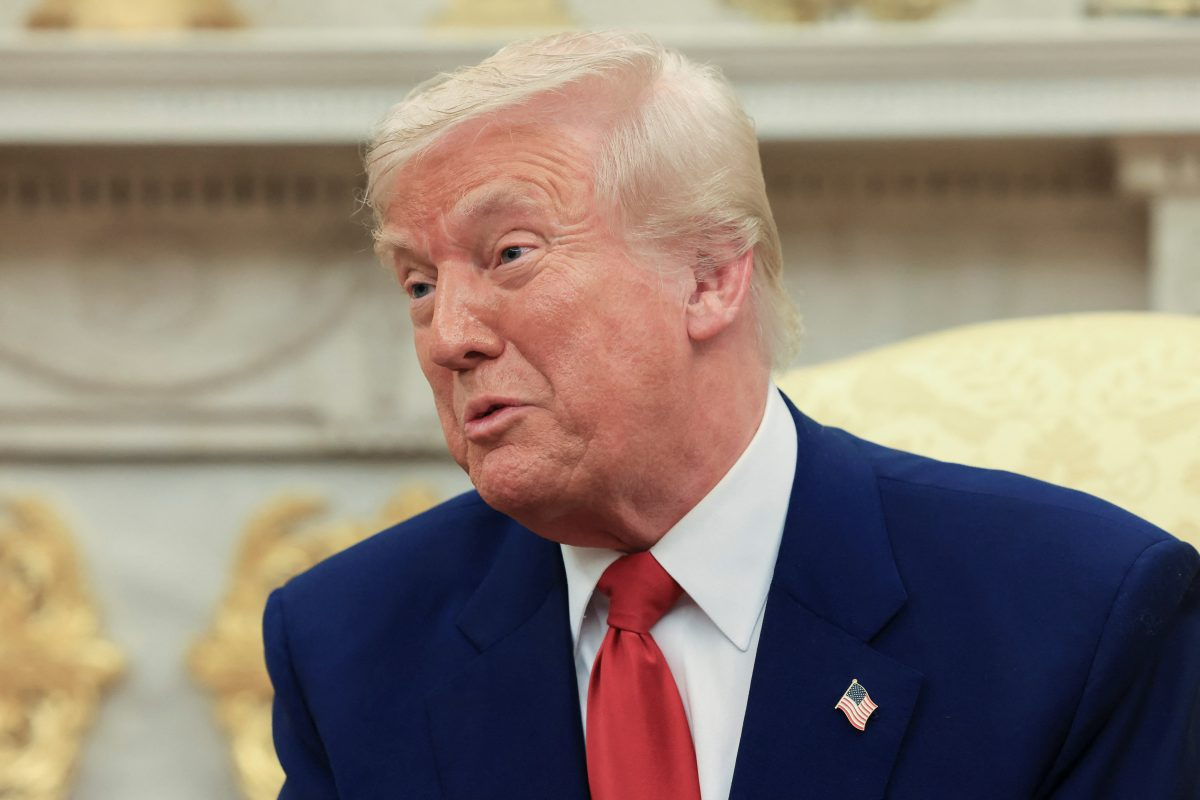
Donald Trump has clarified that Chinese-made smartphones and other electronics will not be exempt from tariffs, explaining they are instead being moved to a different “tariff bucket.” This announcement comes after European stock markets rose Monday following Friday’s news that these products would avoid levies of up to 145%.
China has urged Trump to “completely cancel” his tariff regime and “return to the right path of mutual respect.”
US officials indicated on Sunday that these products would instead face a “semiconductor tariff,” with Trump expected to provide additional details later. US Commerce Secretary Howard Lutnick confirmed this new levy would supplement the global tariffs the US imposed earlier this month, which were subsequently paused for 90 days.
“We need our medicines and we need semiconductors and our electronics to be built in America,” Lutnick stated.
A US customs notice released Saturday revealed smartphones, computers, and certain other electronic devices would be excluded from the 125% tariff on Chinese imports. However, Trump took to social media to dispute reports of exemptions, insisting these products were simply being recategorized under different tariff classifications.
“We are taking a look at semiconductors and the WHOLE ELECTRONICS SUPPLY CHAIN in the upcoming National Security Tariff Investigations,” Trump wrote, promising a Monday update regarding semiconductor duties.
Semiconductors, which are essential components in everyday devices like smartphones and laptops, form the fundamental building blocks of modern computing technology.
On Monday, Sony announced a 10% price increase for its PlayStation 5 console in Europe, Australia, and New Zealand, citing a “challenging economic environment,” inflation, and fluctuating exchange rates. No price increases were announced for the United States.
The Chinese commerce ministry described Trump’s initial exemptions as a “small step” by the US and said Beijing was “evaluating the impact” of the move. However, the Trump administration’s indication of future levies may diminish hopes for reduced trade tensions between the two economic rivals.
When asked whether Trump had plans to speak with Chinese President Xi Jinping, US Trade Representative Jamieson Greer told CBS’s Face the Nation, “Right now we don’t have any plans on that.”
Trump imposed a 54% tariff on Chinese imports in early April before escalating to the current 145% rate. In response, China implemented its own retaliatory tariffs, starting at 34% on US goods before increasing to 84% and then 125%, which took effect Saturday.
When announcing its latest tariffs, China’s commerce ministry warned it would “fight to the end” if the US “insists on provoking a tariff war or trade war.”
While traveling to Miami on Saturday, Trump indicated he would provide more details about the exemptions at the beginning of the week.
The White House has defended its use of tariffs as a negotiating tactic to secure more favorable trade terms from other countries. Trump maintains his policy will address inequities in global trade while bringing jobs and manufacturing back to the US.
However, his trade interventions have caused significant stock market volatility and raised concerns about potential declines in global trade that could negatively impact jobs and economic growth worldwide.










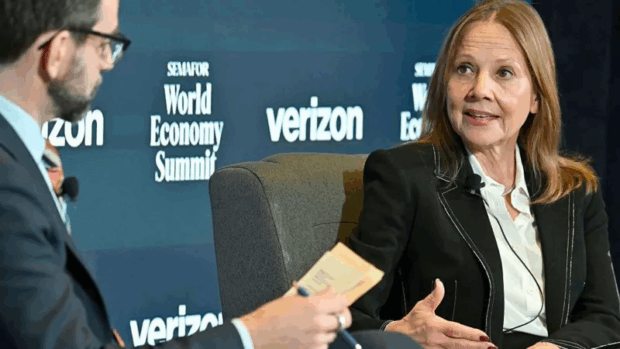
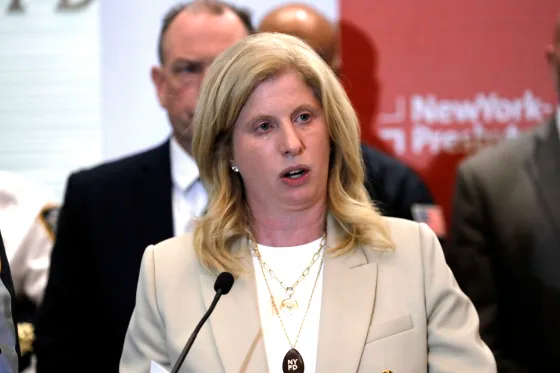


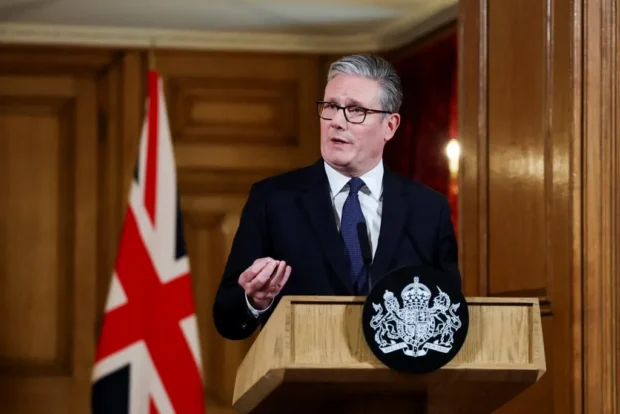
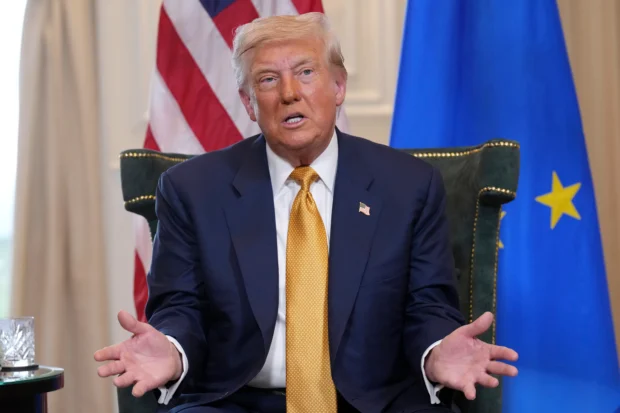
Be the first to leave a comment